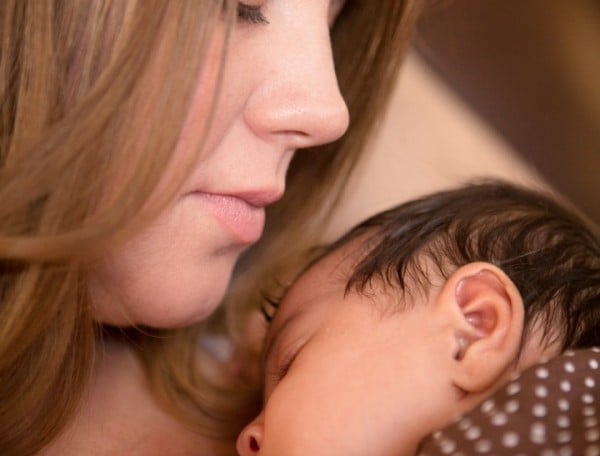
I have seven-year-old twins who were diagnosed with ADHD about 1½ years ago.
The good part? The diagnosis gives the psychiatrist a specific path to treat the symptoms. The bad part? Life with our twins is no picnic.
It’s no secret that the numbers of children diagnosed with disorders such as ADHD and Autistic Spectrum Disorders has climbed dramatically over the past 10-15 years. Teachers are one of the most significant sources of identifying and referring children with ADHD for assessment for special education services, accounting for nearly 40% of referrals. Children with ADHD are at increased risk for educational and behavioral problems, and nearly 50% of children are placed in special education programs for behavioral or learning problems.
Many of these children were referred by caring but frustrated teachers, concerned that the children’s impulsivity, hyperactivity, and inability to keep up with the curriculum threatens to destroy the child both academically and socially. The teachers saw no other recourse to help their students other than to refer them for educational evaluations.
Which brings us to the great debate: to medicate or not to medicate? I’m not here to put down parents of children diagnosed with ADHD who choose not to go the medication route with their children, nor to vouch for the position I took, which was to medicate. I’m here to tell my story and where we are now as opposed to three to four years ago. I hope it inspires and serves to educate others in the choices people are often faced with when trying to raise their children diagnosed with ADHD.

